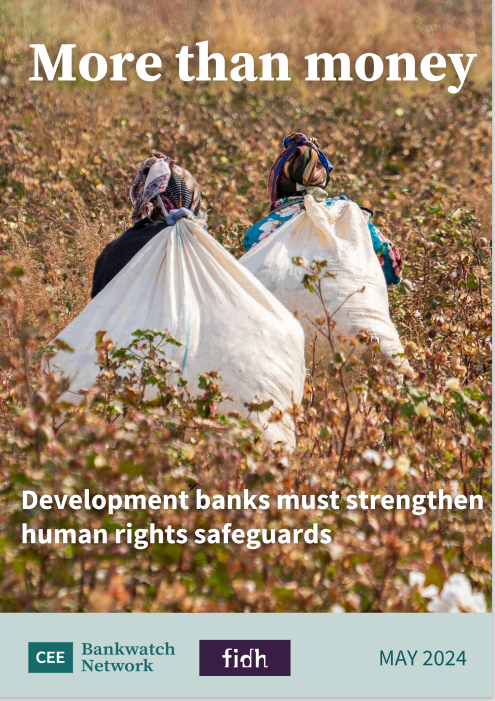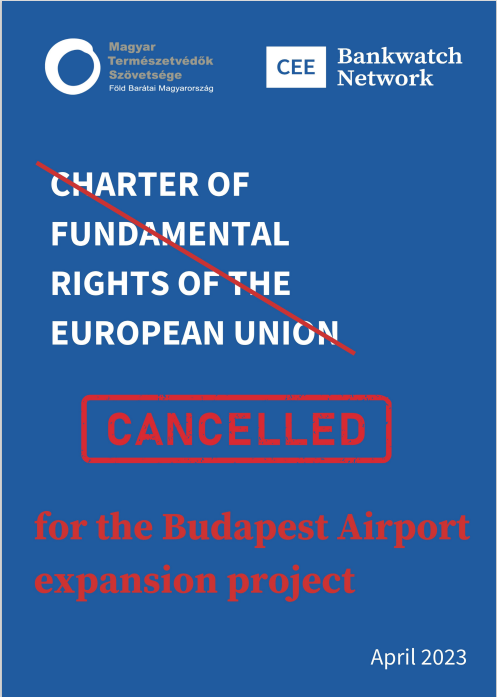European Investment Bank (EIB)
With a lending portfolio of over EUR 66 billion (in 2020) the European Investment Bank is one of the world’s biggest public lending institution. Together with the European Investment Fund they create the EIB Group. In 2020, 14% of the EIB’s financing was outside the EU.
In spite of its crucial role in development finance – both within and outside the European Union – the EIB frequently neglects environmental and social aspects in its investments and has a strong aversion to share information with the public. Its staff is by far too small to monitor projects effectively.
Stay informed
We believe that the billions of public money should work for people and the environment. Subscribe to our monthly newsletters to receive latest updates on the EIB and other public financial institutions.
We challenge the EIB to live up to its title “EU bank” and become a transparent and accountable institution that values real benefits for people and the environment as highly as lending volume.
LATEST UPDATE
Our critique of the EIB
The EIB Transparency Policy was last review in 2015. Despite the creation of a Public register of documents and the publication of the minutes of the EIB Board of Directors meetings, the transparency of EIB operations – especially its active dissemination of information – remains limited. This lack of progress on the transparency front is clearly visible in the Aid Transparency Index, currently the only independent measure of aid transparency for the world’s major development agencies, produced by Publish What You Fund. In 2020, the EIB scored “fair” (58/100 points).
The EIB still fails to comply with transparency requirements from its own Transparency Policy and the EU legislation on access to information. It also lags behind the transparency and disclosure practices of other multilateral financial institutions. EIB still fails to disclose all relevant project related documents or fails to disclose them in a timely manner.
Read more:
Step into the light: transparency review at EU bank can end culture of secrecy
Blog post | March 11, 2021

Why transparency?
The right to information plays a crucial role in promoting participation and democratic accountability. It is an important tool to:
- better achieve lending goals,
- reduce corruption,
- identify potential social, environmental and economic benefits,
- avoid damaging communities and sensitive ecosystems.
We believe the EIB as an EU body, investing public money worldwide, needs to become truly transparent and accountable.
An adequate transparency for the EIB would include publishing all project related documents in a timely manner before project approval and taking stakeholders’ comments into account. Specifically the EIB should:
- improve its Public Register and list all documents held related to its environmental and social assessments, its due diligence, and monitoring of projects. Both those documents that are subject to active dissemination and those that are available upon request should be mentioned, in order to allow the public to access them.
- clarify disclosure obligations for itself and clients and to align it with the best practices of other multilateral financial institutions.
- publish Environmental and Social Data Sheets, ESIAs, and Human Rights Impact Assessments documents on its website prior to project approval by the Board, following the practice of the EBRD or IFC.
- publish other project-related documents such as Additionality and Impact Measurement, other environmental or social assessments, project monitoring reports, and project economic assessment on its website.
- publish allocation lists for each financial intermediary operation and relevant environmental information on final projects.
Read more:
Transparency chapter of Can the EIB become the EU Development Bank?
With a virtual elimination of its coal lending in 2013, not least thanks to Bankwatch’s campaigning, the EIB made an important contribution to limit global warming. But the bank’s energy and climate lending still undermines Europe’s ability to meet its climate targets under the Paris Agreement.
Especially in the new EU Member States where the need for climate action money is highest, only a small percentage of EIB loans support projects intended to reduce greenhouse gas emissions.
In addition, the European Fund for Strategic Investment (EFSI), the guarantee mechanism rolled out by Commission President Juncker to attract private capital, failed to reach the 25 per cent climate action threshold set by the EIB. In 2016, 70 per cent of EFSI money for renewable energy projects went to a single country – Belgium – while 80 per cent of money for energy efficiency was earmarked for France, Finland and Germany.
Read more:
How Europe’s bank spends cash for climate undermines Paris commitments
Press release | May 22, 2017
The Statement of Environmental and Social Principles and Standards, which constitutes the overarching environmental and social policy of the EIB, was adopted in 2009 and has not been reviewed until 2021. The Statement describes the requirements that the Bank should apply when financing projects and the responsibilities of various parties – the EIB, the project promoter and financial intermediaries in the case of intermediated operations. Together with the Environmental and Social Standards as well as Environmental and Social Practices and Procedure, they constitute the EIB’s framework of safeguards.
Despite having relatively comprehensive framework of safeguards, the bank’s environmental and social due diligence and monitoring of projects’ compliance with its Standards manifest deep deficiencies. Indeed, the gap between its safeguards and their implementation on the ground remains a key issue at the EIB.
EIB has been involved in several projects associated with human rights violations and environmental degradation, including Nenskra Hydropower project, the Mombasa-Mariakani road project in Kenya, Corridor Vc in Bosnia and Hercegovina or hydropower plants Beli Kamen and Komalj in Serbia.
In 2021, the bank is finally revising its Environmental and Social Sustainability Framework. CEE Bankwatch Network with the vast coalition of non-governmental organisations contributed with comments to the EIB’s new Environmental and Social Policy and a number of Environmental and Social Standards.
EIB and human rights
NGOs and local communities have been alerting the EIB about the need to prioritise the promotion and protection of human rights in all its operations for years. Too often, the EIB has financed projects which have contributed to human rights abuses and have sidelined or ignored the voices and concerns of impacted people (see for instance recent cases in Nepal, Georgia and Kenya). The Bank’s Environmental and Social Policy and Environmental and Social Standards do not include sufficient provisions to prevent EIB operations from having a detrimental impact on human rights. We have proposed The Environmental and Social Sustainability Framework (ESSF) includes a three pillar Human Rights Framework for the EIB:
- An ‘Environmental, Social and Human Rights Policy’ describing how the EIB will safeguard and promote human rights
- A Human Rights Strategy integrating specific policies on human rights defenders; explaining how human rights specific risks and impacts are considered, prevented and mitigated at all stages of the project-cycle; and describing how the Bank will promote a human rights-based approach among its stakeholders, clients and counterparts.
- Human rights due diligence at the project level consisting of:
- ex-ante screening and Human Rights Risk Assessment (HRRA) conducted by the Bank;
- Human Rights Impact Assessment (HRIA) to be required from the clients;
- continuous and progressive monitoring of the situation on the ground.
EIB Environmental and Social Policy. Key issues
A key challenge at the EIB is about closing the gap between the EIB’s Policy, its Standards and their implementation on the ground. For that, the Environmental and Social Policy, the Standards and the Procedures require important modifications. The Policy needs to be reinforced because it is fraught with several fundamental weaknesses:
- The Policy needs to state clearly what the due diligence of the EIB should be, on social, environmental and human rights issues;
- It should not commit any EIB finance until Environmental and Social Standards are fully met, and until Environmental Impact Assessments (EIAs) are completed;
- It should establish clear enforcement and supervision procedures, mentioning the necessity to have dedicated procedures covering compliance, as well as independent monitoring and reporting;
- It should strengthen monitoring in order to evaluate the project’s implementation in accordance with relevant legal requirements, EIB policies and EIB Environmental and Social Standards throughout its implementation. It should also clarify what happens if the client does not comply with the EIB’s requirements, Standards and other conditions established in finance contracts;
- It should establish that contractual clauses enshrine the Standards in all EIB operations, enabling for suspension of contracts if the Standards are not implemented;
- It should include clear transparency requirements, in particular about the EIB environmental, social and human rights due diligence.
FEATURED PUBLICATION
More than money: Development banks must strengthen human rights safeguards
This comparative analysis, produced by CEE Bankwatch Network and the Federation for Human Rights (FIDH), identifies existing good practices and policy provisions for integrating human rights considerations into the assessment and management of projects funded by these banks, advocating for the alignment of banking policies, standards, and procedures with human rights standards.
Briefing for the EIB Board on the Budapest Airport expansion project
This briefing shows how this EIB-financed project continues to violate the fundamental rights of residents, which are enshrined in the Charter of Fundamental Rights of the European Union. It urges the EIB’s Board to review the Bank’s actions to bring this project into full compliance with EU environmental law and EIB standards, particularly to mandate meaningful public consultation and implementation of an environmental impact assessment (EIA) as part of the process.
EIB PROJECTS WE MONITOR
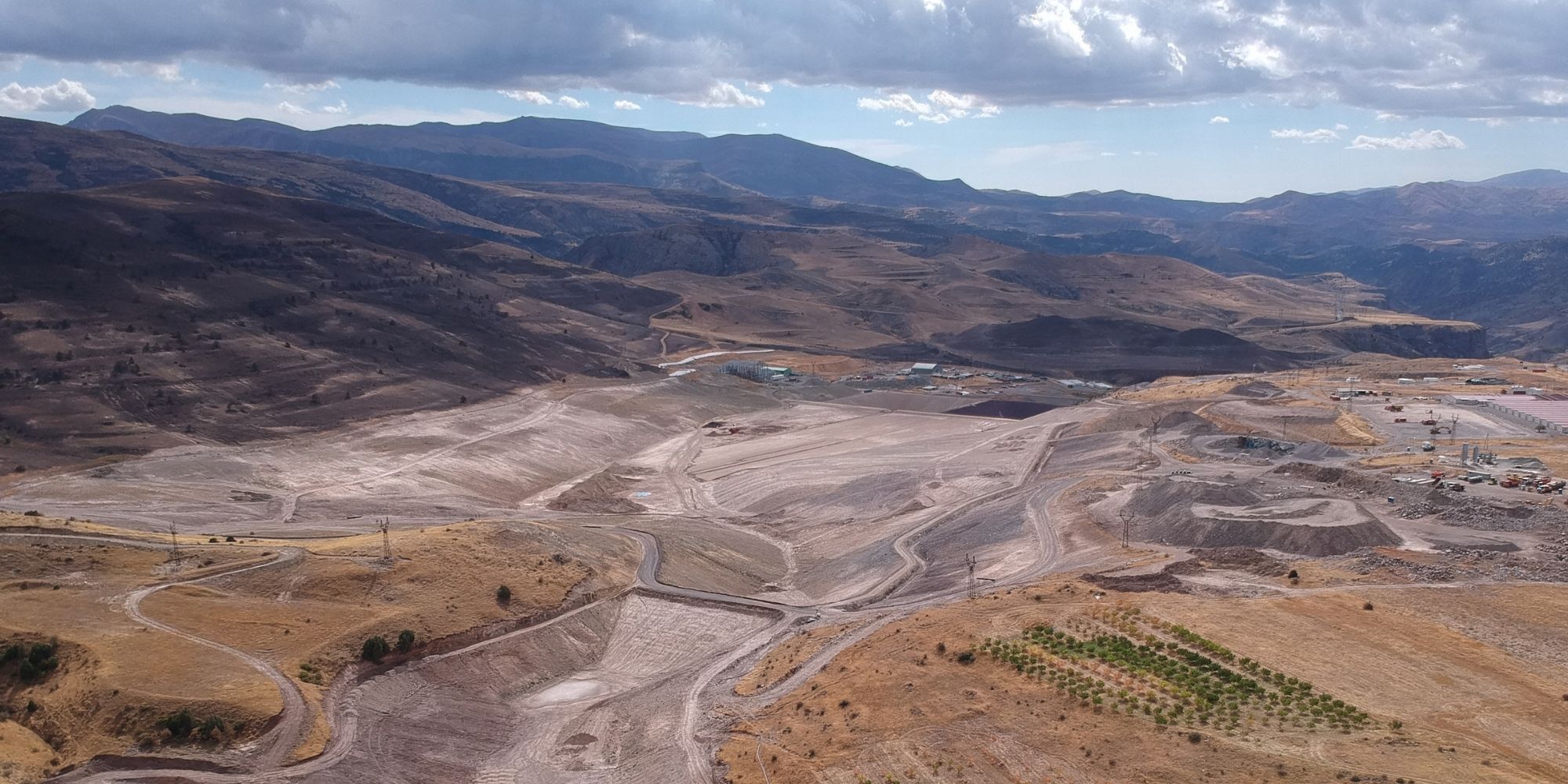
ARCHIVED: Minerals mining and supply chains
Global demand for minerals and other critical raw materials is intensified by the just transition to renewable energy and the digital transformation agenda. Therefore sustainable supply chains of minerals are fundamental to addressing the climate crisis and the Covid-19 crisis that humanity is facing today. The European Union needs to innovate and find solutions to achieve its circular economy and resource use reduction objectives and to meet the demand of EU’s industry and consumers, while still protecting communities and nature threatened by mining.
Read more

Belgrade incinerator public private partnership (PPP), Belgrade, Serbia
The planned Belgrade waste incinerator, financed by the EBRD, IFC and Austrian Development Bank (OeEB), is incompatible with waste prevention and recycling targets. The European Commission and EIB recognised this, and the EIB therefore refused to finance it. The project also endangers the already precarious livelihoods of up to 12,000 people waste-picking in the city.
Read more

EBRD / EIB energy policy review
The European Investment Bank and the European Bank for Reconstruction and Development are both reviewing their energy sector lending policies. This is an opportunity to live up to their potential by combating climate change and promoting a sustainable future for all.
Read more
LATEST UPDATES

EIB urban transport projects in Ukraine: Lessons from Ternopil and Lutsk
Publication | 17 October, 2025In recent years, the EIB has provided significant financial support aimed at modernising Ukraine’s urban transport systems. However, implementation challenges and major delays have stalled progress.
Read more
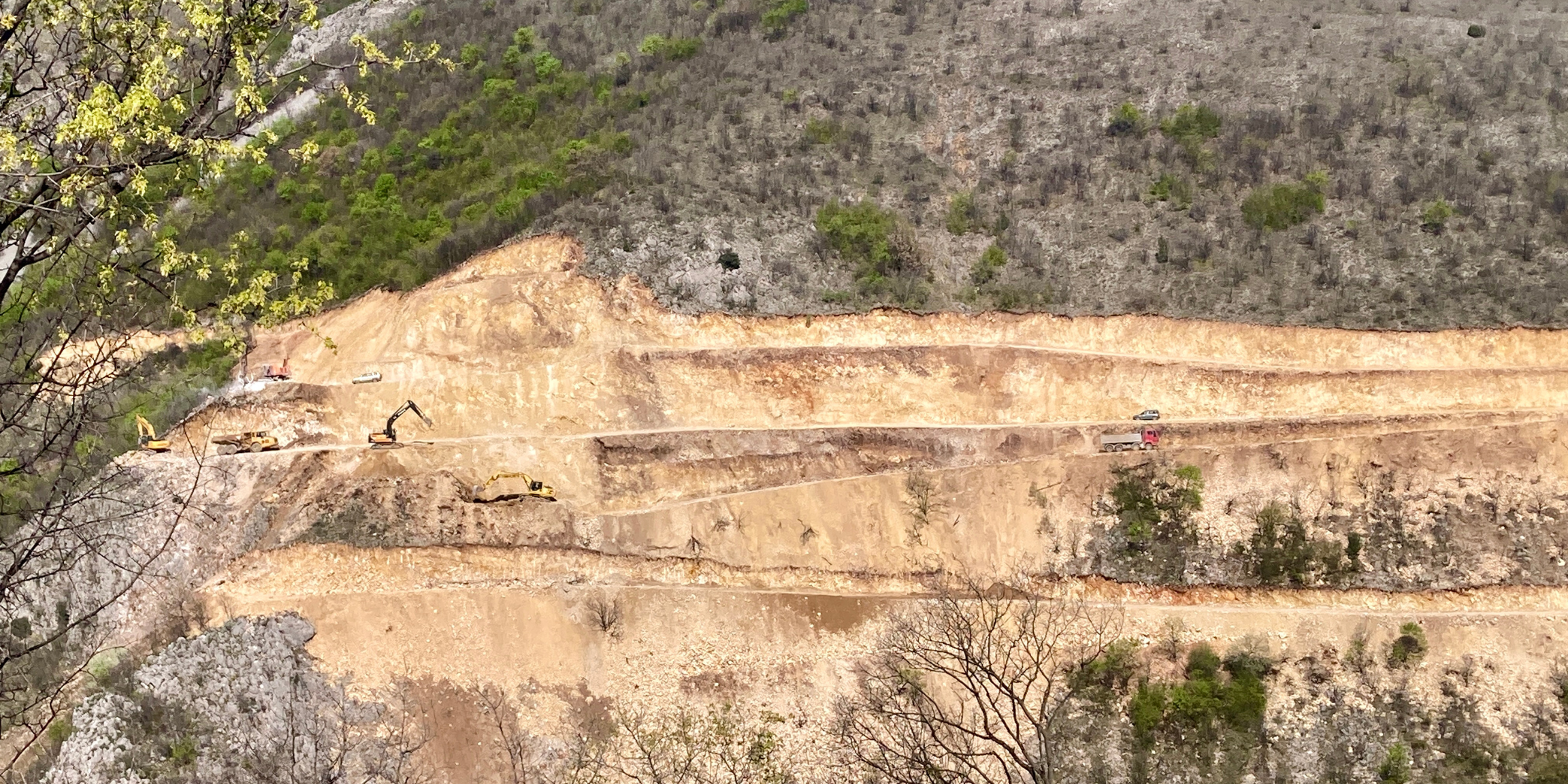
Corridor Vc in Bosnia and Herzegovina: Environmental and social impacts can no longer be ignored
Publication | 17 October, 2025The EU’s flagship infrastructure project in Bosnia and Herzegovina – the 330-kilometre Corridor Vc motorway – now stands at a critical crossroads. To date, only one-third of the corridor has been completed, financed through more than EUR 3 billion in loans and grants from the EU, the EIB, and the EBRD.
Read more
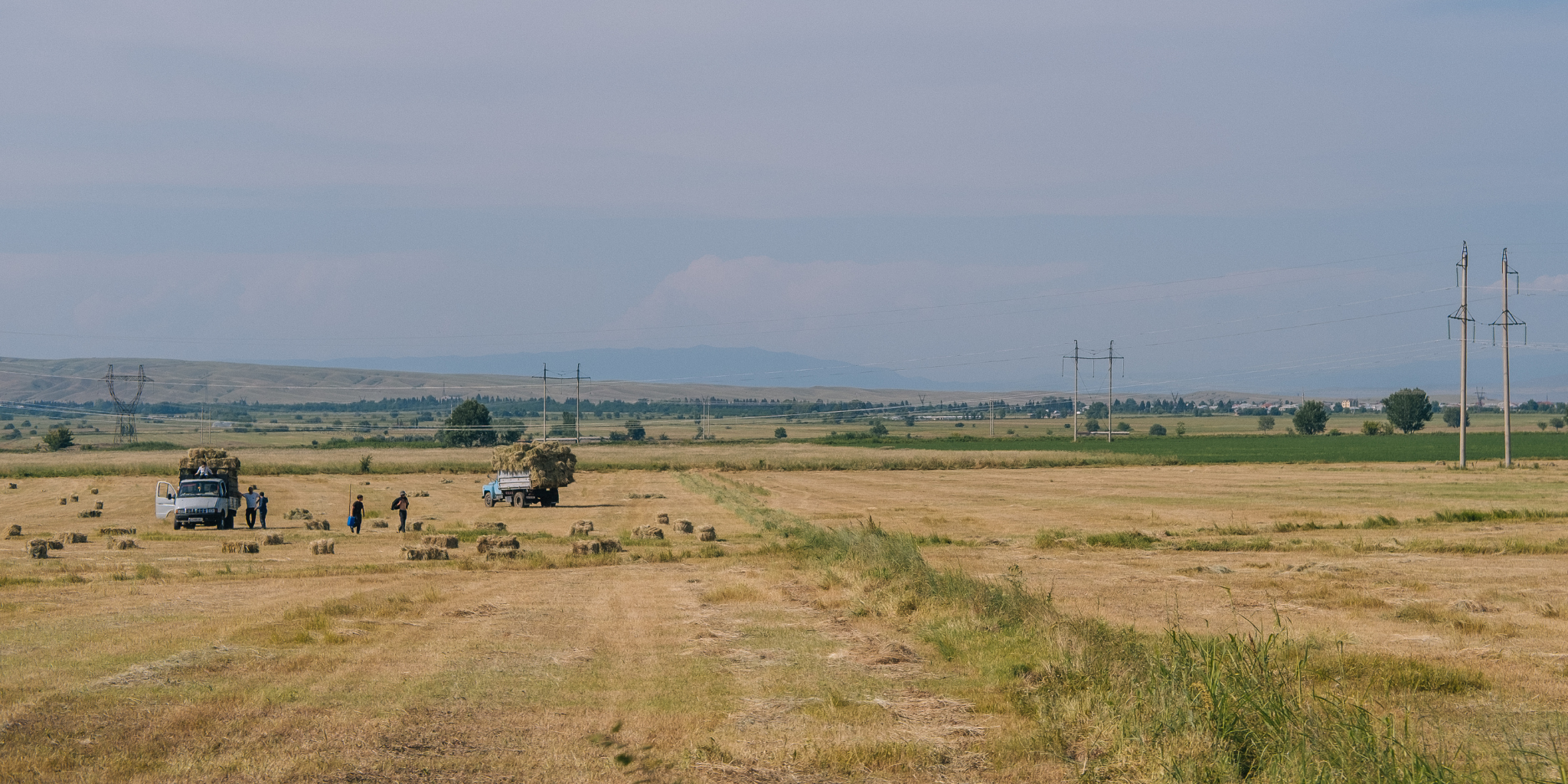
Fallout and failures: EIB’s East–West Highway investments in Georgia amid authoritarian takeover
Publication | 17 October, 2025The EIB’s massive EUR 1 billion highway investment in Georgia has proved disastrous for impacted communities due to the country’s authoritarian turn and chronic project mismanagement.
Read more
